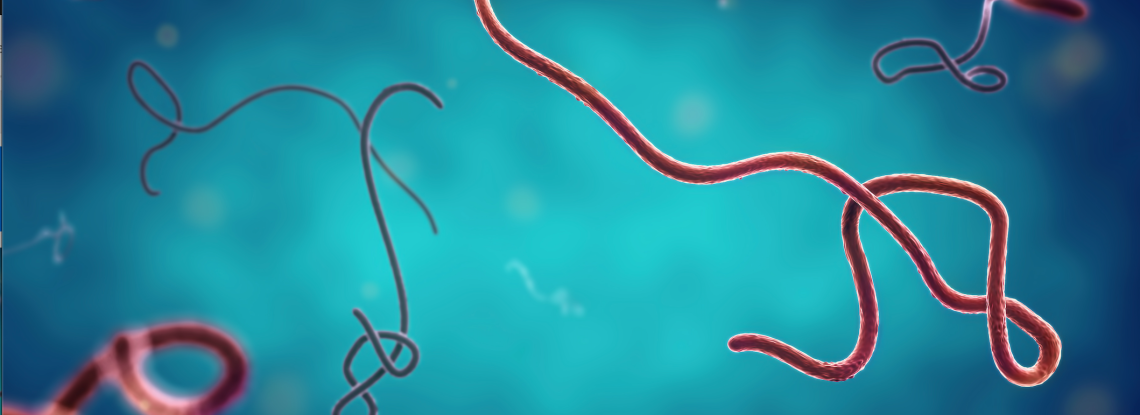The 2013-2016 West African Ebola virus epidemic was the largest in history and resulted in significant public health burdens, social and economic impacts. We, and many others, have been working to understand the social and cultural dynamics of the epidemic and the local, national and international response. Despite the resolution of the epidemic in 2016, many survivors and their relatives continue to experience stigma and social isolation and have a number of complex unmet needs. In a collaborative effort, we are working in Guinea to understand the long-term health and social implications for Ebola virus survivors and their communities and to develop community-based resources for the continual provision of aid and social support.
This project is a collaboration between:
- Research-Aid Networks
- University of Kent School of Biosciences
- University of Kent Centre for Health Services Studies
- University of Kent School for Social Policy, Sociology and Social Research
- Public Health England National Infections Service
- The European Mobile Laboratory Project
- The Health & Sustainable Development Foundation (FOSAD) of Guinea
Reference: Calnan, M., Wirrmann Gadsby, E., Konde, M.K., Diallo, A. and Rossman, J.S. (2018). The response to and impact of the Ebola epidemic: towards an agenda for interdisciplinary research. International Journal of Health Policy and Management 7(5): 402-411.


